CppCon 2022 Using Modern C++ to Eliminate Virtual Functions -- Jonathan Gopel
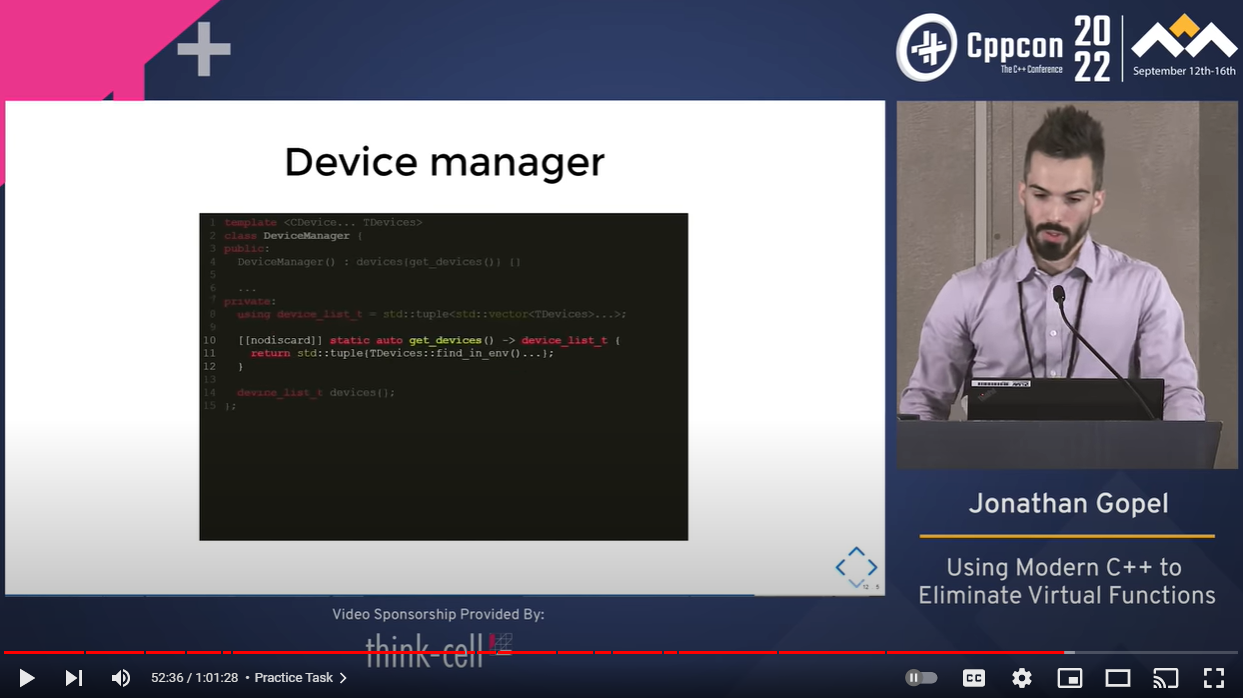 Registration is now open for CppCon 2023! The conference starts on October 1 and will be held in person in Aurora, CO. To whet your appetite for this year’s conference, we’re posting videos of some of the top-rated talks from last year's conference. Here’s another CppCon talk video we hope you will enjoy – and why not register today for CppCon 2023!
Registration is now open for CppCon 2023! The conference starts on October 1 and will be held in person in Aurora, CO. To whet your appetite for this year’s conference, we’re posting videos of some of the top-rated talks from last year's conference. Here’s another CppCon talk video we hope you will enjoy – and why not register today for CppCon 2023!
Using Modern C++ to Eliminate Virtual Functions
by Jonathan Gopel
Summary of the talk:
As of C++20, there are no cases in which statically linked programs require virtual functions. This talk will explore techniques for replacing runtime polymorphism with compile-time polymorphism such that virtual functions are never necessary. This talk will also address the higher-order concern of when it might make sense to avoid virtual functions or remove them from a codebase, as that decision ultimately is a design decision that only the author of the code can make. Attendees can expect to come away with a stronger understanding of the purposes of virtual functions and the mechanisms in modern C++ that can now be used to achieve those same purposes.

 std::move can allow the efficient transfer of resources from object to to object. Andreas Fertig reminds us that using std::move inappropriately can make code less efficient.
std::move can allow the efficient transfer of resources from object to to object. Andreas Fertig reminds us that using std::move inappropriately can make code less efficient. Is it possible to extend a value type in C++? Alf Steinbach describes how to extend enum values.
Is it possible to extend a value type in C++? Alf Steinbach describes how to extend enum values.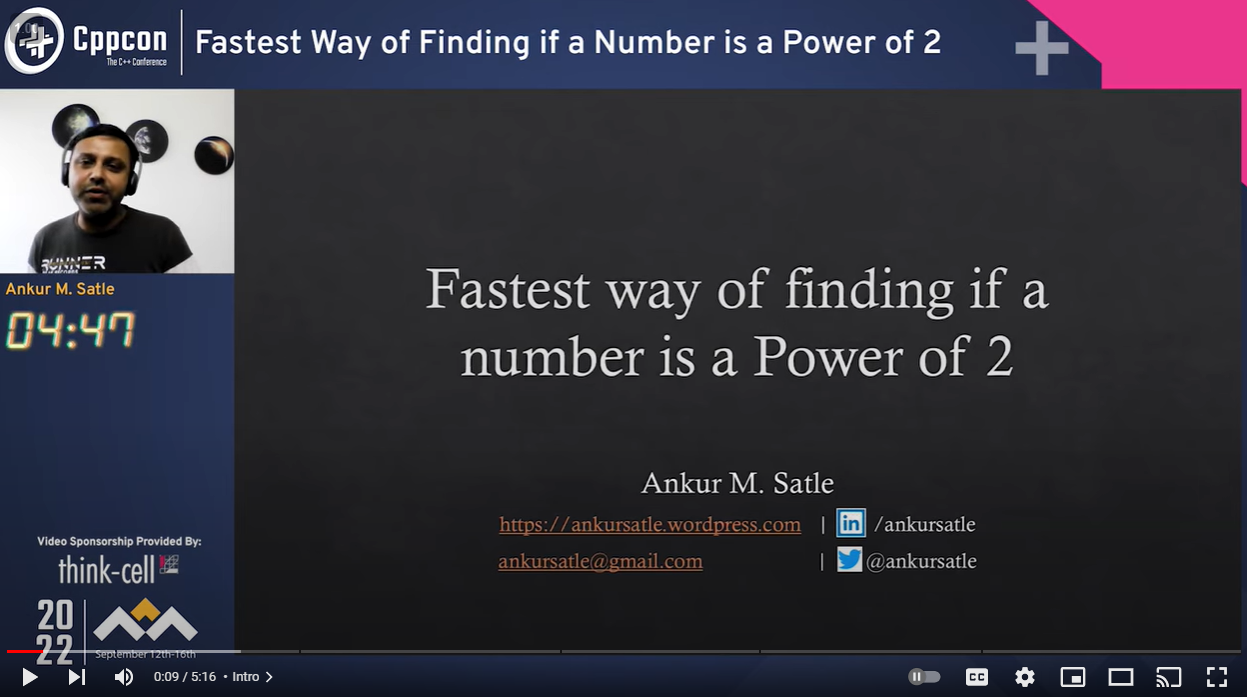 Registration is now open for CppCon 2023! The conference starts on October 1 and will be held
Registration is now open for CppCon 2023! The conference starts on October 1 and will be held 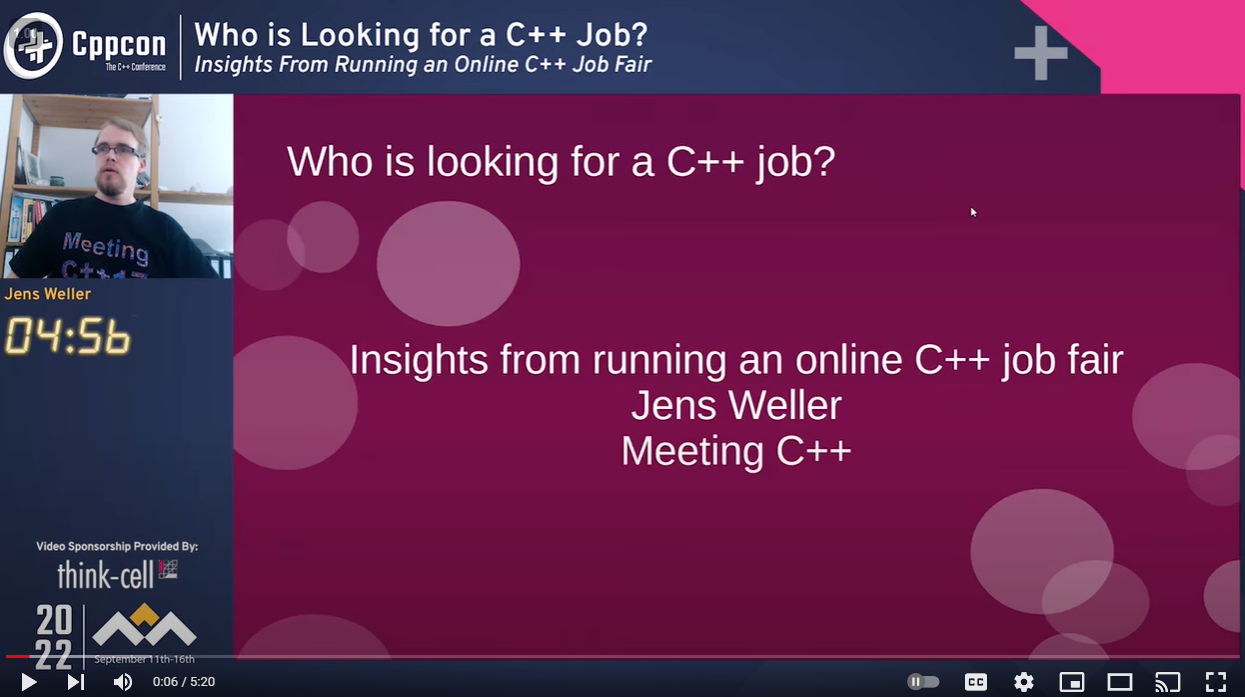 Registration is now open for CppCon 2023! The conference starts on October 1 and will be held
Registration is now open for CppCon 2023! The conference starts on October 1 and will be held  Operator overloading. Looks great. Reduces verbosity. Until it doesn’t.
Operator overloading. Looks great. Reduces verbosity. Until it doesn’t.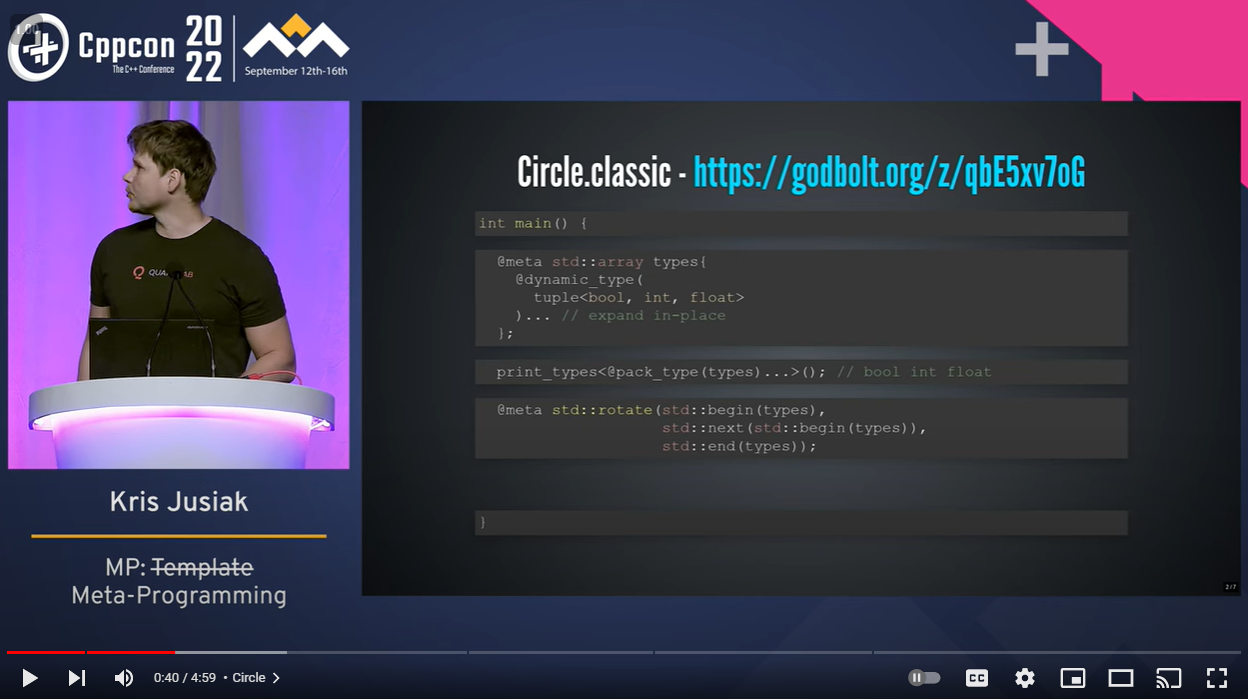 Registration is now open for CppCon 2023! The conference starts on October 1 and will be held
Registration is now open for CppCon 2023! The conference starts on October 1 and will be held 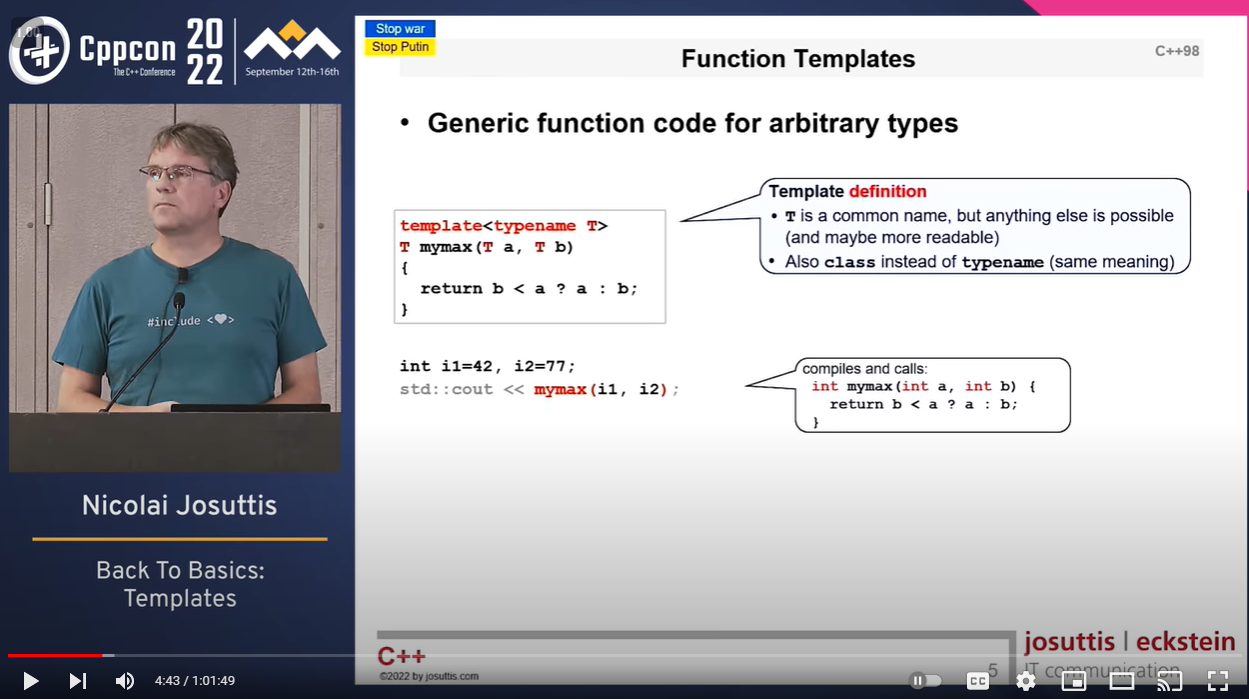 Registration is now open for CppCon 2023! The conference starts on October 1 and will be held
Registration is now open for CppCon 2023! The conference starts on October 1 and will be held 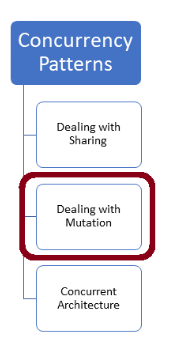 Guarded Suspension applies a unique strategy to deal with mutation. It signals when it is done with its modification.
Guarded Suspension applies a unique strategy to deal with mutation. It signals when it is done with its modification.